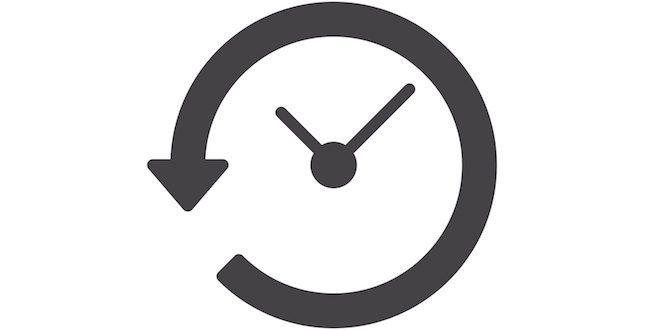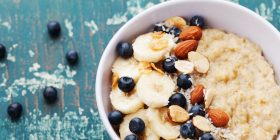We all know a healthy diet is a key part of managing diabetes. But now there is more and more research showing the potential to reverse diabetes with diet. Here’s a look at how altering your diet may help to send type 2 diabetes into remission.
What is diabetes remission?
Evidence shows that type 2 diabetes can go into remission, which means the signs or symptoms of the disease disappear, and there is no need for medication. Diabetes remission can occur for those that undergo weight loss surgery, or make significant lifestyle changes including changing your diet.
“Complete remission” is defined as one year or more of normal A1c and fasting blood sugar levels without using medications. However, your chances of relapse are higher than normal so it’s important to see your healthcare provider to regularly check your blood-sugar levels, A1C, blood pressure, cholesterol, etc.
After five years or more of normal A1C and blood sugar levels, you will have tests done less frequently. But your doctor or other healthcare provider should still keep an eye on any heart, foot or eye issues that can be associated with having had diabetes. Read more about other health issues related to diabetes.
How can diet reverse type 2 diabetes?
Researchers have been looking into how diet can positively impact people with type 2 diabetes. Losing weight and maintaining weight loss is critical in achieving diabetes remission. One of the most effective ways to shed excess pounds is through your diet. One UK study showed that a very low-calorie diet, where patients lost 15kg or more, caused remission in 90% of those with type 2 diabetes. Another study showed that over the long-term, a low-carb Mediterranean diet was more likely to put people with diabetes into remission compared to a low-fat diet.
What should I put on the menu?
Not surprising, eating more fruits and vegetables—the fresher the better—is key to weight loss, helping keep your diabetes at bay. (Broccoli is a particularly good veggie in fighting diabetes because it’s rich in fibre, packed with vitamins and low on the glycemic index.) Experts also suggest adding healthy fats, high-quality protein and high-fibre foods to your daily meals, which will help keep you feeling full.
On the other hand, you should be eating less artificially sweetened foods, foods with added sugar, saturated and trans-fats, processed and packaged foods, and fast foods. These foods have lower nutritional value, and will contribute to weight gain.
Find more on the super foods to include in your diabetes diet.
How much should I eat?
If you’re aiming to get your diabetes into remission, how much you eat is just as important as the types of food filling your plate. Watching your calorie intake is a good way to ensure you are only eating as much food as needed per day for energy. Health Canada provides guidelines around daily calorie requirements depending on how active you are.
The plate method is another good way to control portion sizes. It uses a technique where your plate is divided into sections so you can learn quantities of the various food groups to include in your meal plan.
Remember that food can be friend, not foe when it comes to fighting diabetes. Making healthy food choices and watching portion sizes can go a long way in improving your health.
 Diabetes Care Community Learn, connect and care
Diabetes Care Community Learn, connect and care





